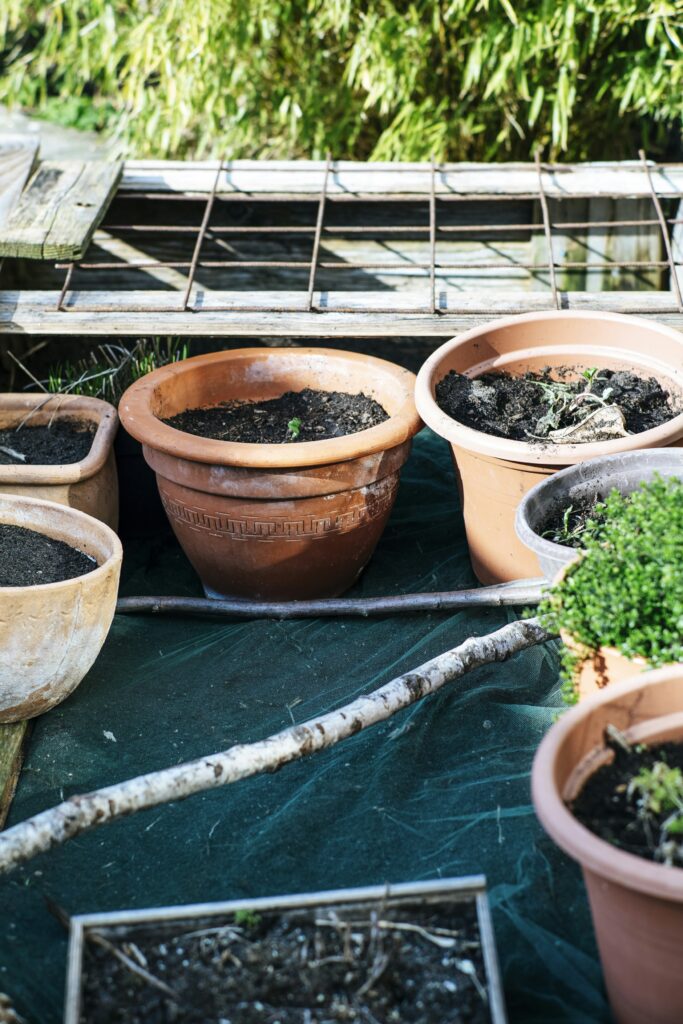In farming, crop rotation and intercropping are techniques that can improve soil health and boost yields. Similarly, in investing, diversification is key to achieving better overall returns. One alternative investment that has gained attention is farmland. Bill Gates, for instance, has invested in farmland to make it more productive and create more jobs. Foreign holdings of US agricultural land have also been on the rise, reaching nearly 2% of all land in the country in 2022.
There are several reasons why investing in farmland is appealing. Charlie McNairy, founder and CEO of International Farming, highlights stable returns, negative correlation to the stock market, and long-term resilience as key benefits. The growing global population and increasing food demand contribute to the value appreciation of agricultural assets.
Investing in farmland also provides opportunities to support sustainability efforts. Chris Rawley, CEO of Harvest Returns, emphasizes the positive social impact of sustainable farmland management, such as fair labor practices and contributions to food security. Institutional investors, in particular, prioritize investments that align with social responsibility goals.
Both institutional and retail investors can access farmland investments through various avenues. Retail investors can opt for direct ownership of farmland, which requires expertise in areas like soil quality, water availability, and weather patterns. Alternatively, real estate investment trusts (REITs) offer exposure to farmland without the need for direct management. Crowdfunding platforms and community development financial institutions (CDFIs) also provide opportunities for retail investors to invest in farmland with lower investment minimums.
Investing in farmland not only offers potential financial benefits but also supports sustainability and social responsibility. With concerns around rising land costs and the transfer of farmland ownership, the discussion around farmland investment extends beyond just financial considerations. As the world population continues to grow and the demand for food increases, investing in farmland becomes vital for supporting agricultural innovation and ensuring a sustainable future.



